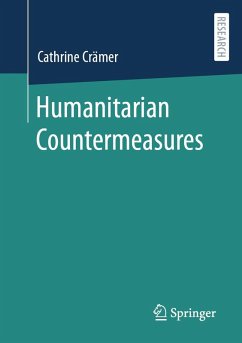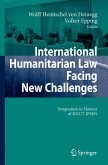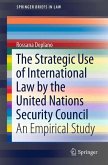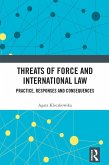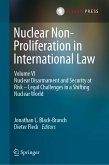This question asked by Kofi Annan over twenty years ago has not lost its relevance since, as for instance demonstrated by the paralysis of the Security Council in the face of the continued use of chemical weapons by the Syrian regime against its own population.
The present work addresses the question of whether the unilateral use of force by states for humanitarian purposes, hence without a Security Council authorization, could be justified via the concept of 'humanitarian countermeasures'. In this context, humanitarian countermeasures are derived from the notion of countermeasures, which stems from the law of state responsibility as conceived in Art. 49 et seq. DARS and traditionally only refers to peaceful, bilateral measures. The core of the study is to open up countermeasures to humanitarian military action, discuss the legal feasibility of such an approach, while effectively containing the potential for abuse by establishing a legal framework. In a final step, concrete conditions for humanitarian countermeasures are defined, which can guide a reinterpretation of countermeasures and the further development of customary law.
Dieser Download kann aus rechtlichen Gründen nur mit Rechnungsadresse in A, B, BG, CY, CZ, D, DK, EW, E, FIN, F, GR, HR, H, IRL, I, LT, L, LR, M, NL, PL, P, R, S, SLO, SK ausgeliefert werden.

